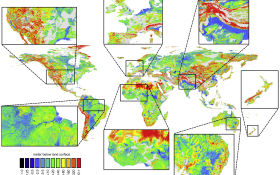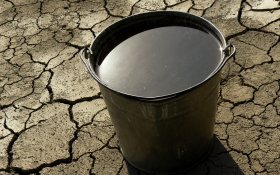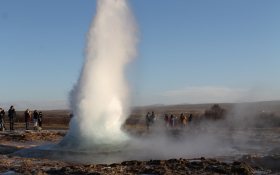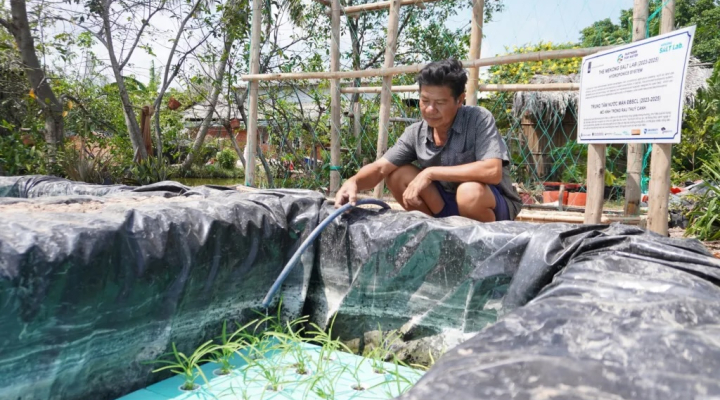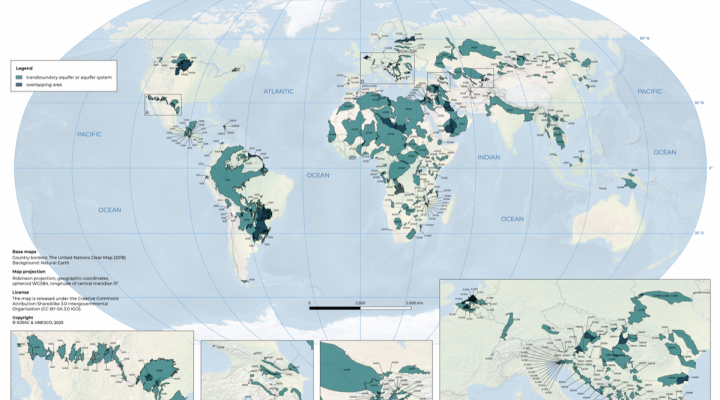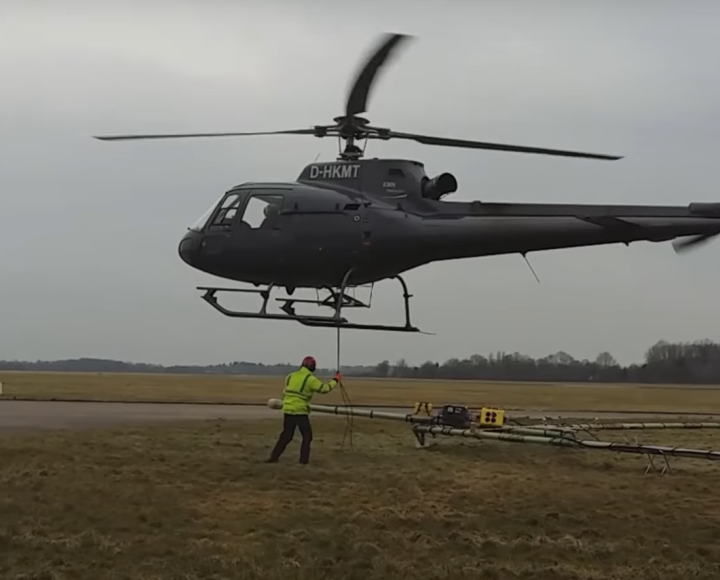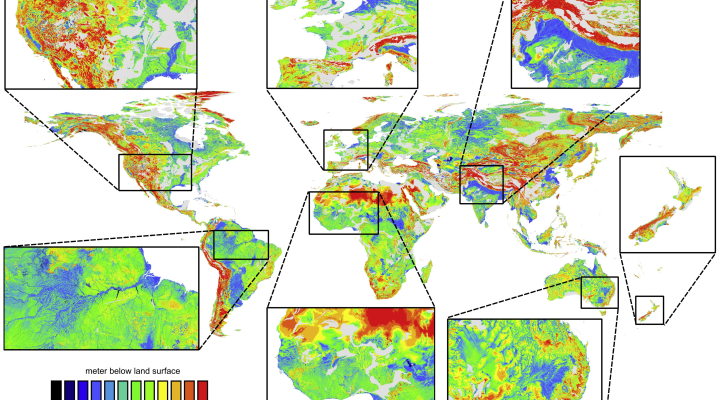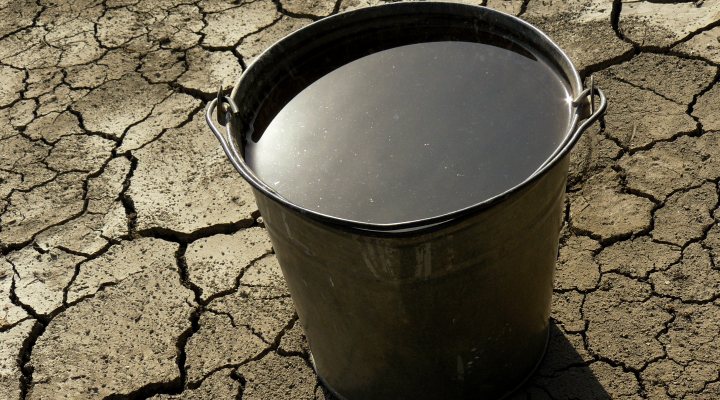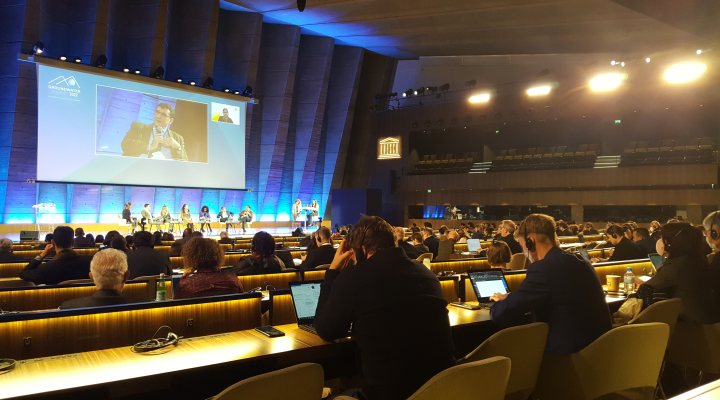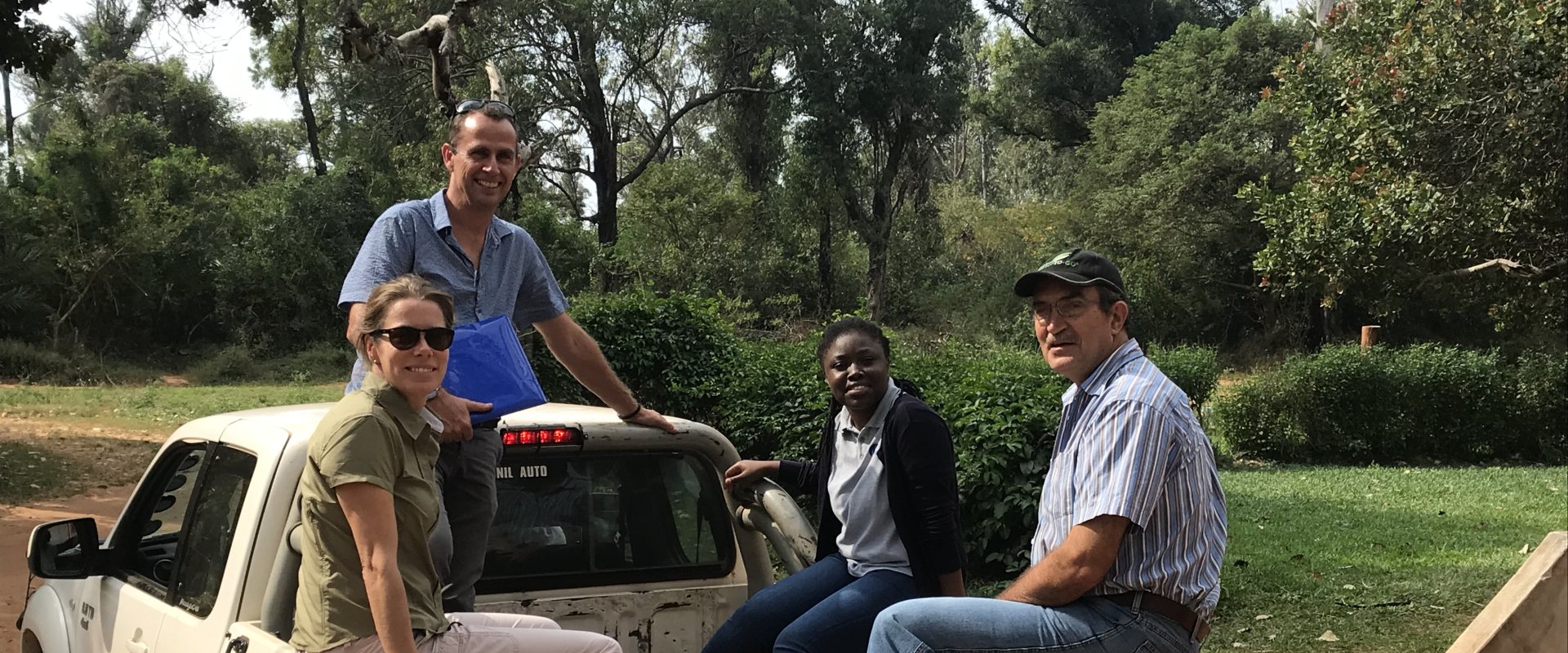
Groundwater in Mozambique: Invisible but vital
Groundwater is of vital importance in every country. Unfortunately, this is often not the case as for example we see in the province of Inhambane, in the east of Mozambique. In this area, there are very few rivers and rainfall is unpredictable. Dunea, a Dutch drinking-water company, collaborated with local and Dutch partners such as ARA-SUL and Wetterskip Fryslân to improve access to groundwater.
Water-rich countries like the Netherlands use canals and pumping stations to irrigate drier stretches of land. These systems are limited in the east of Mozambique, making people more dependent on rainwater to replenish groundwater levels. Floor Grevink, project manager at Dunea: "The groundwater in Inhambane easily becomes polluted or saline as the area is close to the ocean, making it unusable for agricultural purposes or drinking water. With more knowledge of the groundwater system, we can prevent groundwater-related problems like pollution and salinisation in the area."
Collecting data
Water-management company ARA-SUL currently manages the groundwater in so-called 'aquifers'. These natural water buffers are used by residents, businesses, factories, and farmers. Cities with many hotels and tourists also rely on these aquifers for their water and data is lacking to distribute water equally among everyone. Dunea is helping ARA-Sul to improve aquifer management so everyone has access to clean water, always. Together, they are looking at the exact locations of the aquifers and collect data. Floor explains, "We will be collecting all kinds of information. How much water does an aquifer contain? Where do we run the risk of salinisation? Where does the most pollution occur? How many people use the aquifer? Are there plans to build a factory in this area?" By translating this information into usable data, ARA-Sul can manage the aquifers better.
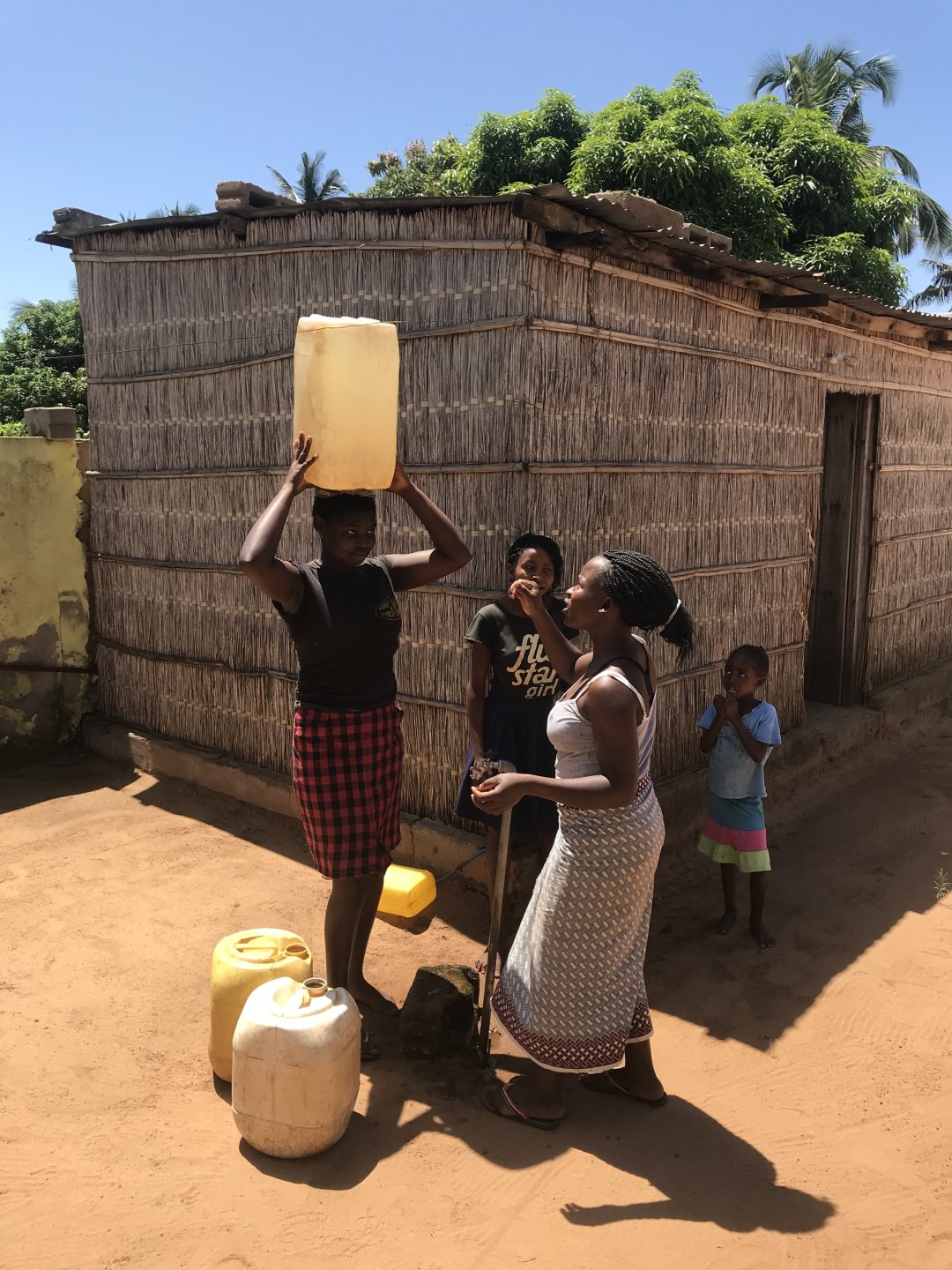

Involve all water users
Other parties that use groundwater also need to know how to manage the available water resources in the best possible way. A project like this relies on good cooperation between all parties, which Dunea also manages. Floor says, "Besides ARA-Sul, we also inform local organisations and communities. If there are plans to build a factory, everyone needs to know how that will impact the aquifer's water supply. You cannot start drilling for water somewhere without considering the consequences."
This is not only important for local businesses. Dunea also educates residents who use the wells for their water supply. Floor adds, "We make people aware of the need to use and distribute the available groundwater fairly. This way, there is enough clean drinking water for everyone in Inhambane, also in the future."
Sharing knowledge
Water projects are vital because there is no life without water. Thanks to the collaboration in Inhambane, the little water available can be used better. Floor concludes, "The Netherlands has been experiencing more and more droughts lately. The techniques we learn in Mozambique may soon be needed here."
This project is part of the Sustainable Water Fund, a Dutch Public-Private Partnership (PPP) facility commissioned by the Dutch Ministry of Foreign Affairs, that aims to contribute to water safety and water security in developing countries. Over 10 years, the facility was supported by the Netherlands Enterprise Agency.




